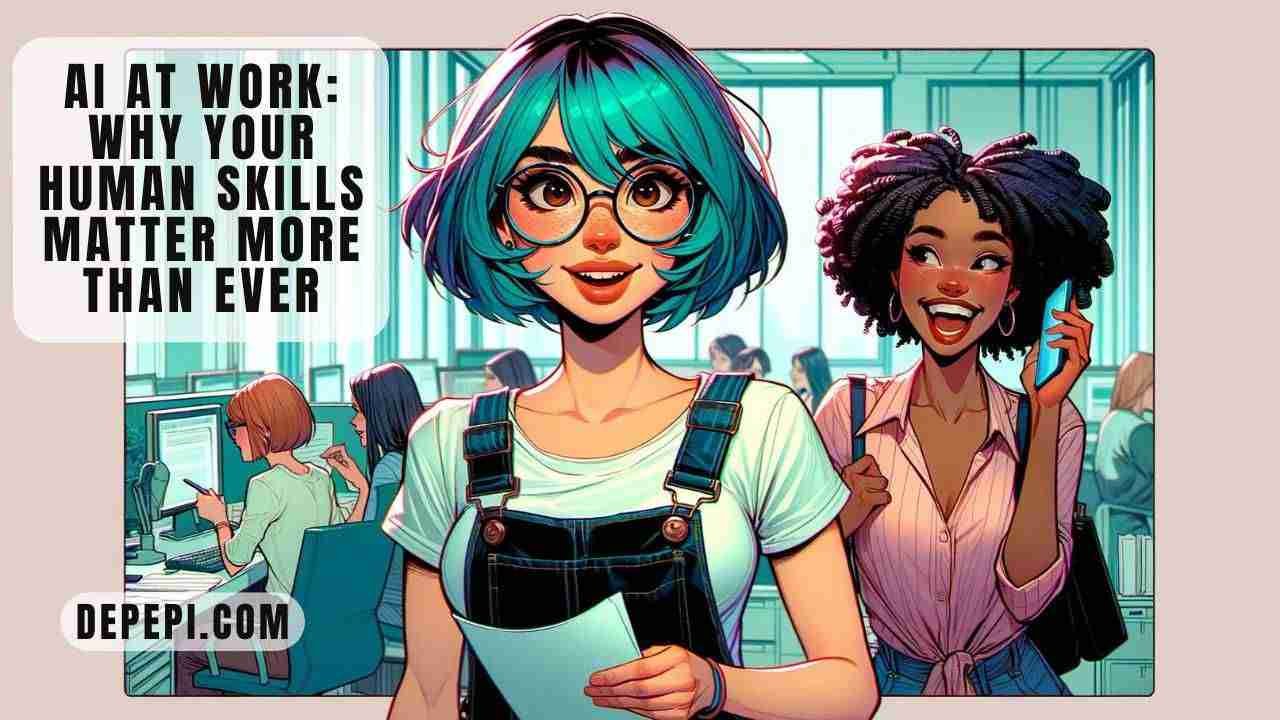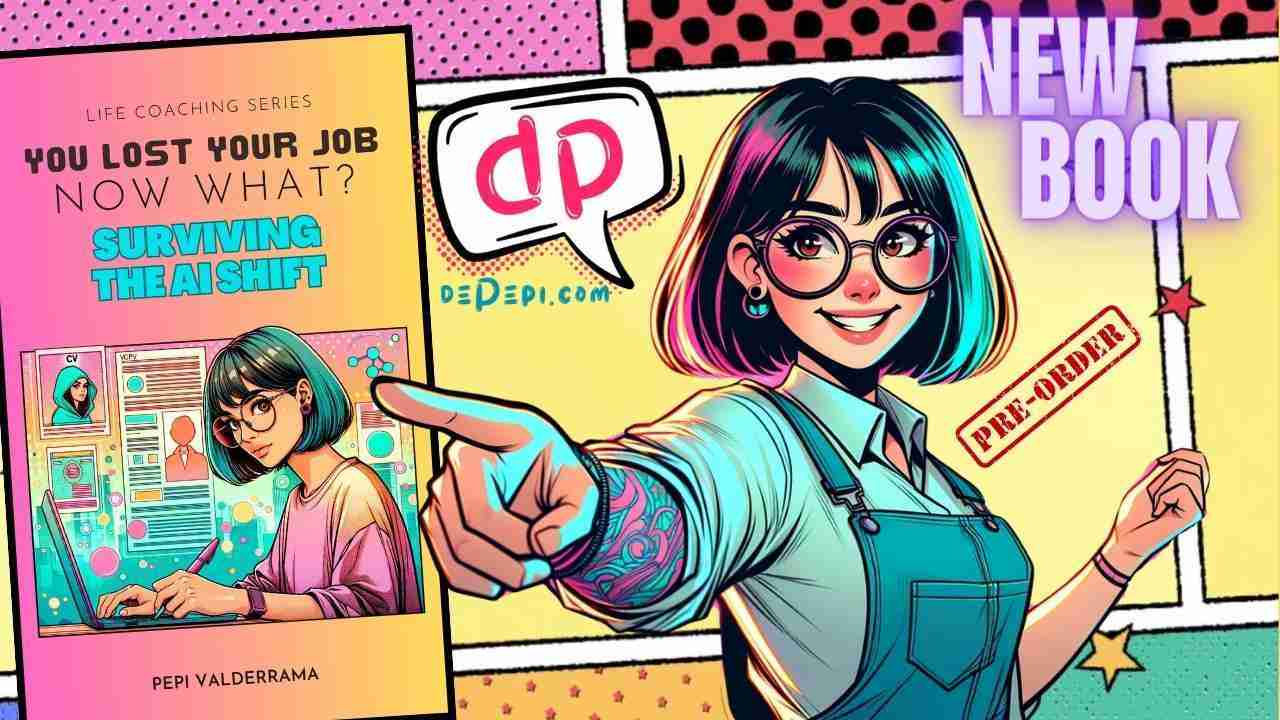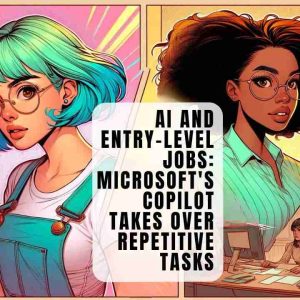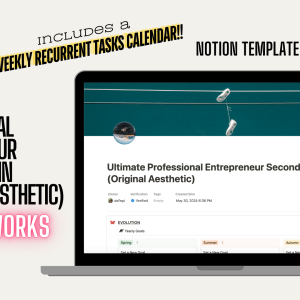AI at Work: Why Your Human Skills Matter More Than Ever

AI at work might still seem spooky to many. It is indeed reshaping landscapes across industries. But the key question that looms large for the modern workforce is not if AI will infiltrate their domain, but when and how. The narrative surrounding AI’s impact on jobs oscillates between fear of redundancy and excitement about innovation. However, it’s being a co-pilot and using more of your human skills that will make the difference. Is not just about technology itself but about the synergy between AI and human talent.
AI at Work: Fear And Misconceptions
The fear and misconception that AI will replace humans entirely misses the mark. The future of work is not powered solely by AI but by people enabled by AI. We must understand that AI’s true potential is unlocked not when it replaces human roles but when it complements them.
Take, for example, General Motors’ ambitious ‘factory of the future’ initiative in the 1980s, which aimed at automating nearly all processes. The result was not the seamless utopia anticipated. Instead, robots frequently made mistakes. The project highlighted a fundamental truth: technology is limited if it’s devoid of human insight and adaptability.
Investing in People: The New Era of AI and Human Skills
Today’s leaders face a dual challenge: how much to invest in AI but also on what skills to invest in their workforce to navigate this new era effectively. The cornerstone of this approach lies in developing durable skills such as critical thinking, creativity, and emotional intelligence. These attributes are not just add-ons but essential drivers of business success, fostering better decisions, innovative ideas, and robust outcomes.
While AI can transform business operations, enhancing efficiency and productivity, it also demands a workforce that can adapt to and complement these technological advancements. However, there is a common underestimation of the value of human-centric skills. These are not just nice-to-have attributes but critical components that propel businesses forward, akin to how technological infrastructure can.
The Future of AI at Work
The future comes with achieving a balance between technology and human skills. Durable skills, or foundational professional skills, are in short supply, yet they form the backbone of an agile workforce. These include decision-making, critical thinking, creative problem-solving, time management, and collaboration. They are termed ‘durable’ because they remain relevant and applicable despite the rapid changes in the technological landscape.
However, there’s a massive challenge: the durable skills gap. According to The World Economic Forum’s Future of Jobs report, there’s a discrepancy between the demand for such skills and the investment in them, particularly when compared to technical skills like AI. This gap presents a critical challenge for employers and employees alike.
Integrating AI with Human Insight
Technology is a tool, not a replacement for human insight and ingenuity. As I explore in “You Lost Your Job. Now What? Surviving the AI Shift,” understanding and adapting to this evolving landscape requires a balanced approach. We must look ahead, embracing AI’s potential while also nurturing and valuing the enduring human skills that define our professional identities and drive our collective success.
“You Lost Your Job. Now What? Surviving the AI Shift” is out this Thursday, March 21st, in both ebook and paperback formats. It’ll equip you with the knowledge, skills, and mindset needed to navigate and succeed in the evolving employment landscape. Turn the page from uncertainty to action.
Can’t wait? Get Enhance Your Resume With AI—The Guide now. It’s packed with prompting techniques and examples, best practices, and more!






